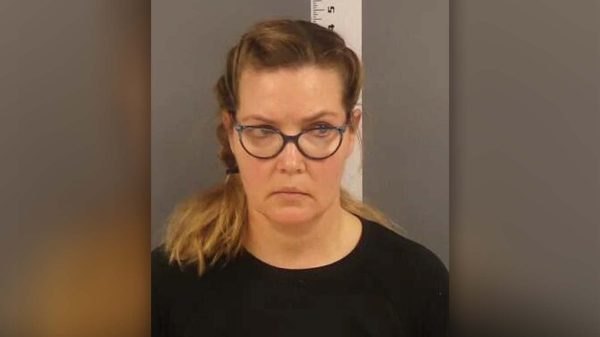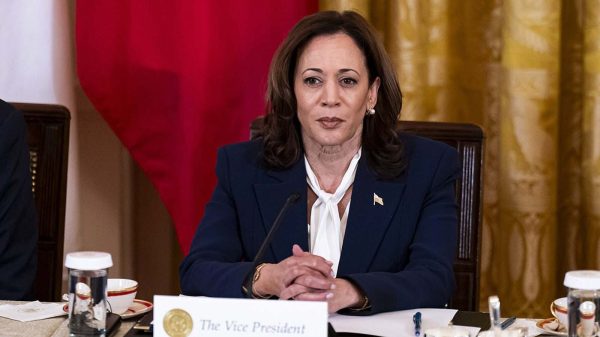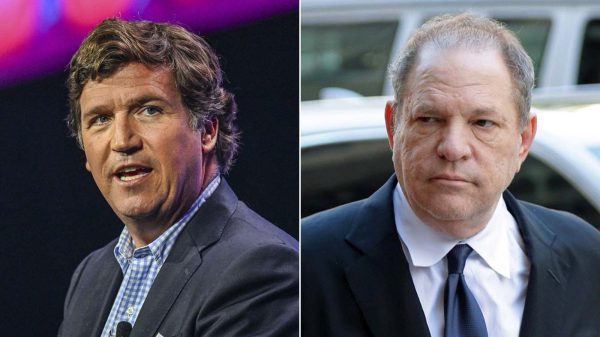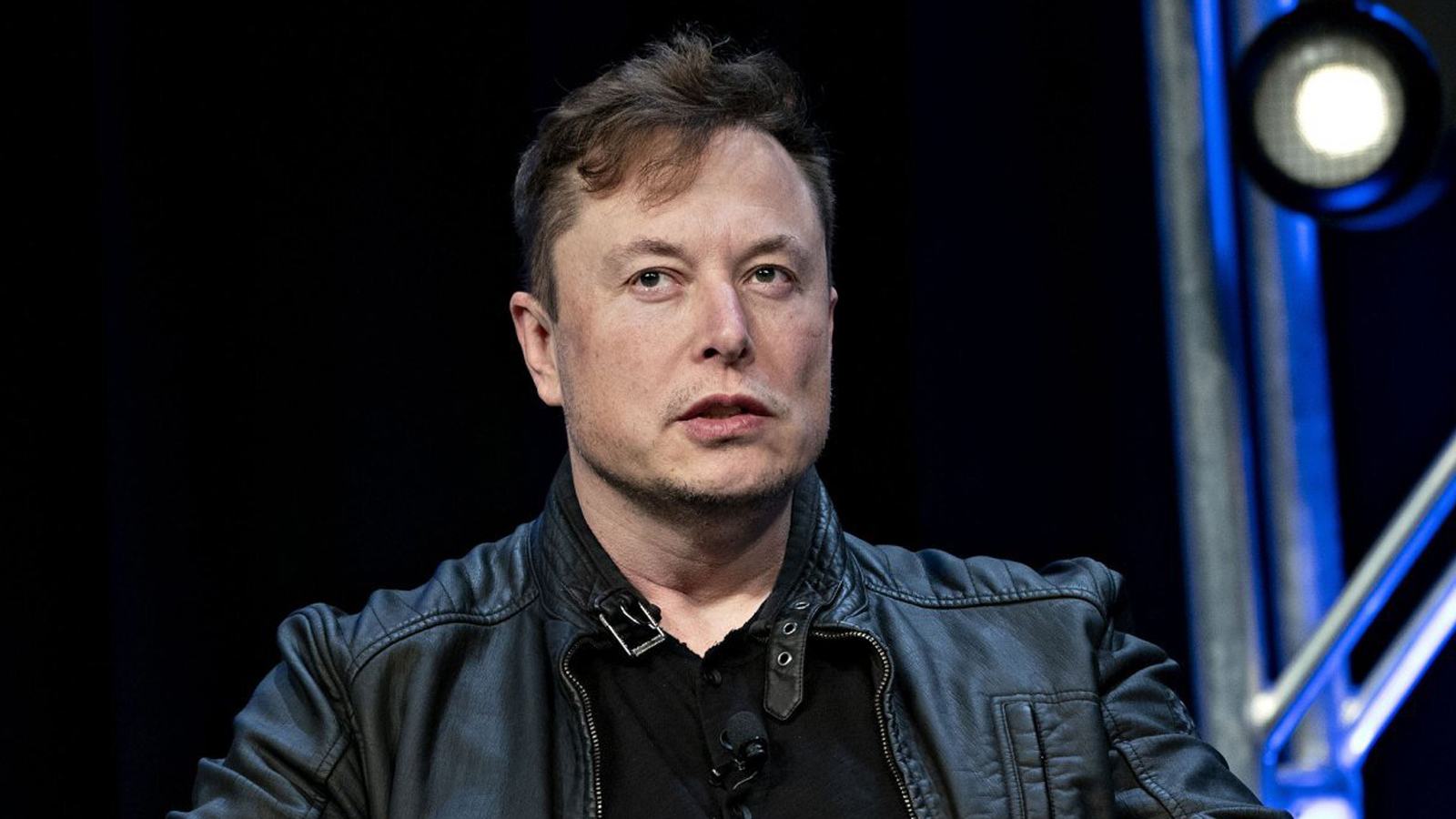On at least four occasions since 2019, Elon Musk has predicted that his medical device company, Neuralink, would soon start human trials of a revolutionary brain implant to treat intractable conditions such as paralysis and blindness.
Yet the company, founded in 2016, didn’t seek permission from the U.S. Food and Drug Administration (FDA) until early 2022 – and the agency rejected the application, seven current and former employees told Reuters.
The rejection has not been previously reported. In explaining the decision to Neuralink, the agency outlined dozens of issues the company must address before human testing, a critical milestone on the path to final product approval, the staffers said. The agency’s major safety concerns involved the device’s lithium battery; the potential for the implant’s tiny wires to migrate to other areas of the brain; and questions over whether and how the device can be removed without damaging brain tissue, the employees said.
A year after the rejection, Neuralink is still working through the agency’s concerns. Three staffers said they were skeptical the company could quickly resolve the issues – despite Musk’s latest prediction at a Nov. 30 presentation that the company would secure FDA human-trial approval this spring.
Neuralink has not disclosed details of its trial application, the FDA’s rejection or the extent of the agency’s concerns. As a private company, it is not required to disclose such regulatory interactions to investors. During the hours-long November presentation, Musk said the company had submitted “most of our paperwork” to the agency, without specifying any formal application, and Neuralink officials acknowledged the FDA had asked safety questions in what they characterized as an ongoing conversation.
Musk and other Neuralink officials did not respond to requests for comment on the company’s device or its dealings with the FDA. The agency declined to comment on Neuralink, citing laws keeping commercial information private.
The Neuralink sources declined to provide Reuters with the agency’s written rejection, a legally confidential document. The staffers, including four who had read the FDA document and others aware of the agency’s concerns, described the safety issues in interviews, speaking on condition of anonymity.
Such FDA rejections do not mean a company will ultimately fail to gain the agency’s human-testing approval. But the agency’s pushback signals substantial concerns, according to more than a dozen experts in FDA device-approval processes.
The rejection also raises the stakes and the difficulty of the company’s subsequent requests for trial approval, the experts said. The FDA says it has approved about two-thirds of all human-trial applications for devices on the first attempt over the past three years. That total rose to 85% of all requests after a second review. But firms often give up after three attempts to resolve FDA concerns rather than invest more time and money in expensive research, several of the experts said.
Companies that do secure human-testing approval typically conduct at least two rounds of trials before applying for FDA approval to commercially market a device.
Neuralink’s regulatory struggles stem largely from its culture of setting goals for breakthroughs on extremely ambitious timelines and viewing regulators as obstacles to innovation, according to more than a dozen current and former company employees. That leadership style, mirroring how Musk runs electric-car pioneer Tesla, can create vulnerabilities when applied to developing a medical device that must be tested on human subjects before final approval, the staffers say.
Still, Musk retains the full confidence of many loyal Neuralink staffers and some industry investors, who point to his past successes in taking on extreme challenges as the founder of Tesla and rocket-builder SpaceX.
“I definitely would never bet against him,” said Bob Nelsen, co-founder of venture capital firm ARCH Venture Partners, who said he invested personal money into Neuralink. “If he has some bumps in the road with Neuralink, or any other thing, he’ll regroup and figure it out … Just think about it: Those are hard industries with huge safety barriers – cars and rockets.”
In public comments over the years, Musk has detailed a bold vision for Neuralink: Both disabled and healthy people will pop into neighborhood facilities for speedy surgical insertions of devices with functions ranging from curing obesity, autism, depression or schizophrenia to web-surfing and telepathy. Eventually, Musk has said, such chips will turn humans into cyborgs who can fend off the threat from sentient machines powered by artificial intelligence.
“I could have a Neuralink device implanted right now, and you wouldn’t even know,” Musk said at the Nov. 30 presentation, a livestreamed “show and tell” event, drawing laughs from the crowd. At another public company event in 2020, he said: “You’ll be able to save and replay memories…. The future is going to be weird.”
Such high-flying ambition has contributed to Neuralink’s estimated worth of more than $1 billion, far higher than its competitors, according to four people familiar with the private valuation.













This agency will approve chipping if Elon’s outfit can meet their requirements. Elon, you and your associates can chip me anytime!
Musk for such a smart man you are so stupid.
Amazing the FDA is concerned about this but allows the vaccine to kill millions.